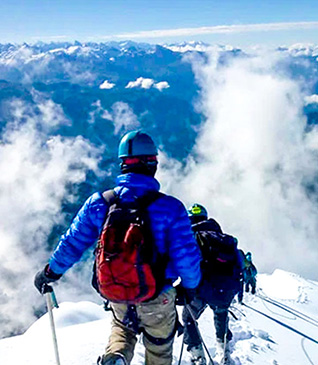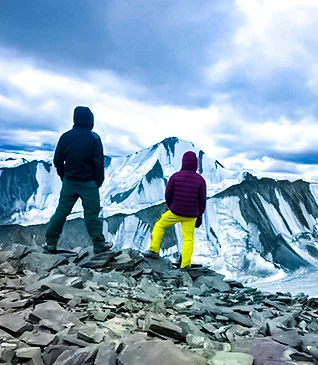Should I Buy Or Rent Trekking Gear & Equipment?
Before venturing into the mountains, it is important to be prepared for a safe and comfortable trek. This is possible only when you are using good-quality gears. If you are new to the world of trekking and planning your excursion in the mountains, you may be thinking that it’s time to get yourself the essential gears and equipment.
Buying trekking gear is undoubtedly an expensive affair and since you are not likely to have any equipment, you may venture out to buy your backpacking and trekking gear. But before you start buying stuff, ask yourself a question, ‘Is there any other alternative to buying all these expensive items? The answer is, yes. There is a much more affordable option of renting, where you can find all your necessary items, of good quality and that too in a much less price than buying. Let us take a look at the benefits of renting gear and trekking essentials.
- It Is Affordable
One of the many benefits of renting gear is that it is affordable. When you buy everything, your upfront cost would be a lot higher than renting and if you are someone who treks only once or twice a year, it is not always a worthy investment. There is also the question of regularly cleaning your gears, storing them properly, and maintaining them properly so that dust and moisture do not get into them. When you rent the gears, you do not just get them at an affordable cost but also do not have to spend time and effort in keeping them clean and maintained.
- It Is Convenient
Renting gears is also very convenient. Packing for a trek can in itself be quite stressful and there is so much that you can easily forget. By renting your gear from a trusted source, you no longer have to worry about forgetting anything. Gear rental services will provide you with everything that you need for a particular trek without you having to worry about much. It is a convenient option and saves a lot of your time that you can invest in other ways.
- You Get To Try Before Buying
If you are someone who has never been trekking before then you may not have much idea about what gears to buy and which is the right option for a particular trek. When you rent out your gear, you will get a basic idea of the things that you are going to need on a trek and also the type of gear like shoes or jackets that you may need to buy. So, renting trekking gear also gives you the benefit of trying gears that you can buy later.
- It Is A Sustainable Choice
It is also a sustainable choice. Say, for example, if you trek or camp only once or twice a year then what is the point of buying a tent? By renting, we can all use the same gears that are of high quality and properly maintained. Fewer tents also mean less waste and thus a sustainable choice for your environment.
At Trek The Himalayas, we provide gear rentals, making your treks much more comfortable and helping you save quite a bit on your budget.
Should I Go On A Trekking Expedition With A Trekking Organization Or Do It On My Own?
We all deserve a nice vacation, whether you want a relaxing one or one filled with adrenaline or adventure. With the increase in the craze for trekking in India, more and more people are opting to conquer the Himalayan and experience its breathtaking beauty.
High altitude trekking in the Himalayas has become quite popular among adventure lovers but it also comes with many risks. However, having an expert trekking supervisor by your side allows you to enjoy your adventure without you having to worry about the planning part.
A good adventure operator plans the trek in the most efficient ways and also maintains your safety. Here are some benefits of hiring a professional trekking organization.
- They Are Experienced
A professional adventure tour operator has a lot of experience when it comes to trekking. They conduct many expeditions every year to various locations across the Himalayas, making them proficient in traversing those regions with adequate knowledge of the terrains. They have personal experience in transiting to some of the most remote locations, making your trek much more convenient. The extra experience is of much benefit to you and you can even get to see things that are not even mentioned on Google!
- Keep You Safe
Trekking in the Himalayan slopes means pushing your physical, emotional, and psychological boundaries to their maximum and in such a case, an experienced guide can help you keep safe while you are pushing your limits. While trekking, you can rely on your trek leader and guides to take you through the best routes, help you adjust to the weather and find the best spots to take breaks and camp at night. At higher altitudes, they will assist you with the acclimatization process and minimize the effects of altitude sickness.
At TTH, our team has great first-aid training and responds actively in emergencies, ensuring that the trek is completed safely. 3 members of our team are always at service to make it easy to manage the different walking paces and lead the whole troupe through. Basically, we have a big happy family to solve all the problems. Apart from that, we also carry Oximeters to check the oxygen levels and pulse rate of the trekkers. We also carry an oxygen cylinder in case of emergencies. We strictly follow the rule of oxygen, If it falls for anyone we immediately take that trekker down.
- Obtain The Permits Easily
Trekking in some parts of the Himalayas may require special permits and when you are obtaining the permits by yourself it can be a slow and time-consuming process. When you hire a trekking operator, you can be assured that they will take care of this part allowing you a hassle-free trek experience. At TTH, we acquire the necessary permits at various places without you having to do it by yourself.
- Ahead In Travel Technology
Another benefit of booking with a trekking organization is that most of their travel engagements are done through an online booking platform and their packages involve everything from transportation to stays and food. This means you do not have to search randomly for flights, accommodations, or conveyance online. A managed trek is always a better option than struggling to look for conveyance and stays, especially in the remote Himalayan regions.
- In-depth Knowledge
Adventure operators have great in-depth knowledge not only about the destinations but also about the many nitty-gritty involved in trekking in the remote corners of the Himalayas. Thus they make your experience as comfortable, fun, and thrilling as possible. They also continuously train and educate themselves to keep in sync with the changing travel trends and stay up-to-date.
For example: at TTH, we have a great deal of knowledge about trekking in snowy regions. Roping up, using crampons, and ice axes to cut through the snow, are some measures we use to make our way through the snow. All the mountaineering tools make it feasible to walk on the snow. Also, when required we keep a separate technical team to assist the trekkers. The technical team opens the route and helps trekkers cross the snowy patch. We have followed this protocol for Pangarchulla, Buran Ghati, and Rupin pass for every batch.
- Regional Knowledge
A trekking company will have strong knowledge and understanding of the region they are operating in. This includes knowledge about local trails, the risks of the area, and the native weather and climatic conditions. They will advise you on the necessary measures you need to take before you begin and depending on the type of the trek, they may also provide the equipment necessary to complete the trek.
For example, Our team at TTH knows that a complete whiteout is common when the weather worsens. We usually rope up all the members together so that they remain connected. We also do route marking so that everybody can find the trail, even if some lags behind. If required, we call our team from the base for help. We make sure all our trekkers are together and walk in a group. We did the same for Buran Ghati and Rupin pass in the last few days.
- Support Local Economy
When you hire an adventure travel guide, you also indirectly help put money in the pockets of the local communities that are dependent on tourism for their survival. At TTH our team comprises many local people belonging to the remote Himalayan villages that we trek in. These locals have immense knowledge about the areas and help in completing the trek successfully and safely. We help provide employment to these individuals who play such a big role in completing our expeditions. When you book with us, you are also helping the sustenance of the local communities.
Recently, we used the immense knowledge of our local guides for the Gomukh Tapovan trek which was recently flooded with rockfall. The rockfall was due to animals roaming at the top. With prior information, we took immediate actions like sending someone ahead to watch out for the rockfall, finding out the time when the animals are active, etc. All these prevented our team and trekkers from being injured.
Some adventures are well beyond your experience, comfort, or risk tolerance and an adventure tour operator can help you in making these dreams achievable.
Why Unplanned Treks Can Be Quite Risky?
An unplanned journey is always the best, they say and it is in many cases but we cannot say the same is true for a high-altitude trek. We always iterate, the Himalayas is a whole new world that has its own rules. We as trekkers are bound to obey them. Therefore, any last-minute trek plan may turn into a horrible experience for many reasons. Here are some cons of unplanned treks.
- Your Are Unprepared
Last-minute trek plans often leave you unprepared in a new place or setting and it can not only cause anxiety when you are climbing high up in the mountains but also make the trek difficult for you. Lack of preparation usually means carrying things not specific to the season, climatic conditions, or trekking requirements. Sometimes trekkers do not get a windcheater or down jacket for winter treks or carry all of these for a summer trek. Either you miss out on things or you overpack. Many trekkers, especially beginners are not even aware of the number of days of the trek, the trek itinerary, the trekking hours spent per day. Lack of knowledge causes panicking during the trek or leads to arguments for all the wrong reasons.
- Money Issue
When you make a quick last-minute travel plan, it means you are spending more money than expected. The secret to cheap travel is to book your flight or train tickets well in advance. A last-minute plan involves purchasing expensive tickets, drilling a hole through your pocket. Ideally, a trek must be registered at least 3 months in advance. This gives ample time for researching and buying precise materials. More importantly, it gives more time for fitness training.
- There Could Be A Time Crunch
When you are going to trek in high-altitudes, where there aren’t enough amenities and the weather unpredictable, you need to have enough time on your hand and this is possible when you carefully outline everything before your trek so that you can make good use of your time and in the right way. When it comes to trekking time is of great essence and as such, each day of the itinerary needs to be planned such that you do not have to trek in the nighttime and reach all your night stay locations well before nightfall. You do not want to end up in the middle of nowhere, at the dark hours in adverse climatic conditions.
- Feeling Stressed
When you are high up in the mountains and do not know what your next step is gonna be, you can get very stressed which is not a very good situation to be in. When you plan carefully in advance, you have enough time to ponder on your itinerary and prepare a well-defined schedule that you can stick to later on. But when you plan at the last minute, you do not have time for careful consideration, which makes your expedition not just difficult but you may have to abandon your trek halfway. You may end up feeling frustrated and feel like your experience is wasted and you don’t really have a great time!
- Wrong gear
Lack of information means picking up anything at the last moment. The best example of this is wrong-sized shoes! Many times we find trekkers crying in pain due to small size boots or shoe bites. Before going for a hike, proper testing of the shoes is a must. And this demands time! Preparing a backpack within a short schedule like a few days or hours before the journey means stuffing things anyhow in the bag leading to a backpack full of unnecessary stuff and often leads to overpacking. The results of it are seen while trekking that leads to body aches and even injuries. Work in advance to save money and to have fun on your next Himalayan trek!
When a trip is properly planned you have the opportunity to enjoy the experience to the fullest. Without problems like time, money, and transportation, you can have a much better experience when you plan it in advance.
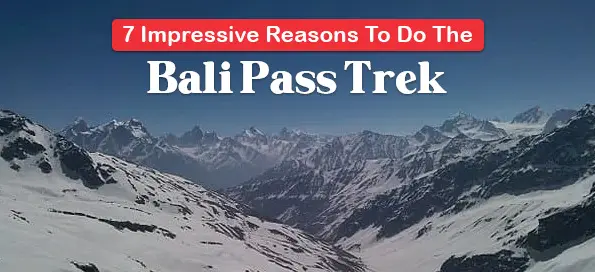
7 Impressive Reasons To Do The Bali Pass Trek
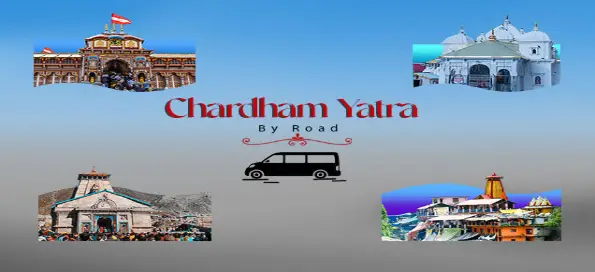
CHAR DHAM YATRA PACKAGE
.webp)
Buran Ghati and Rupin Pass Two Mesmerizing Treks in Himachal
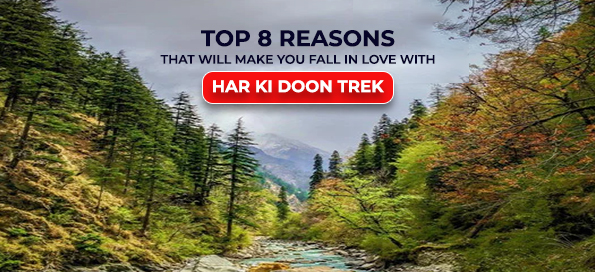
Top 8 Reasons That Will Make You Fall in Love with Har Ki Doon Trek
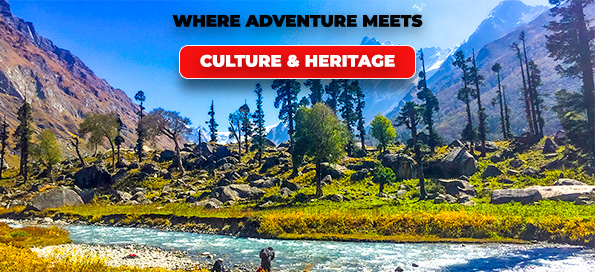
Where Adventure Meets Culture & Heritage
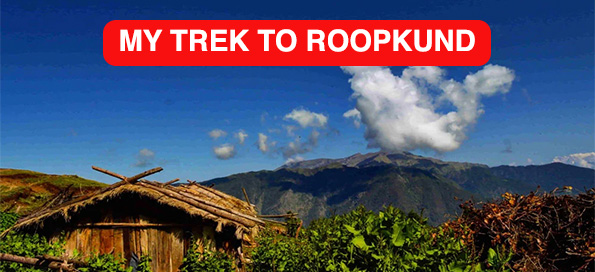
MY TREK TO ROOPKUND
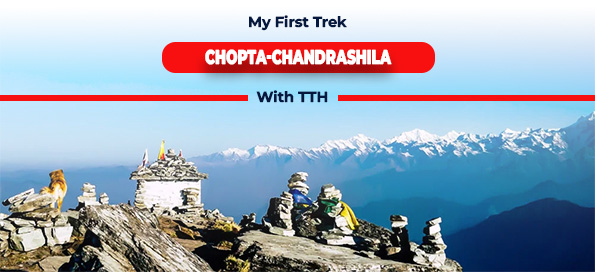
My First Trek Chopta-Chandrashila with TTH
.jpg)
A Tale of Har Ki Doon Trek
.jpg)
Bramhatal Trek
.jpg)
How to measure Chadar trek (and perhaps some bit of life)?
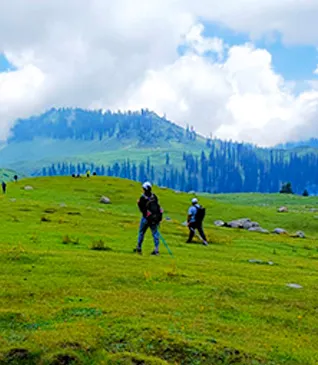
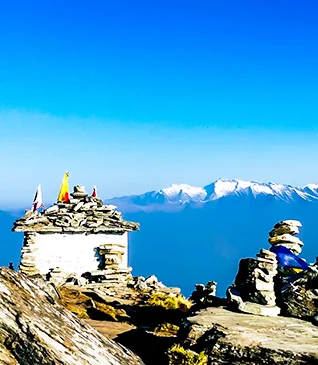
.webp)
.webp)
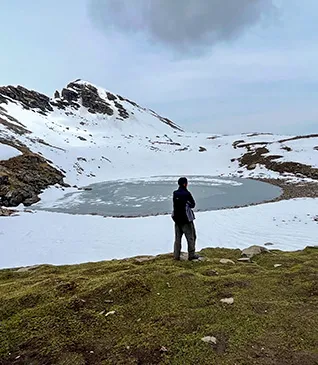
.webp)
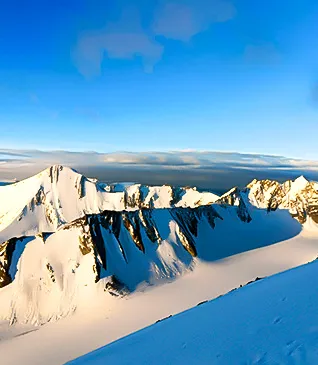
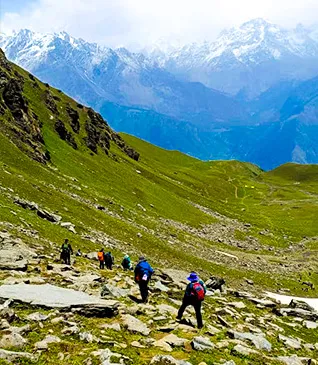
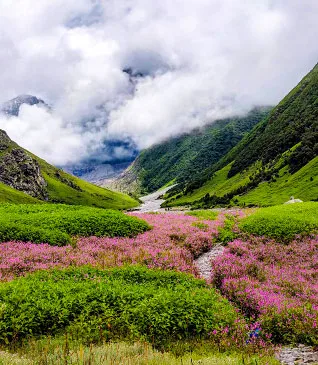
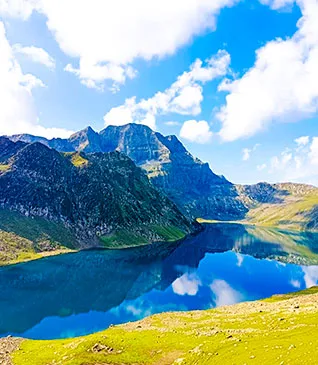
.webp)
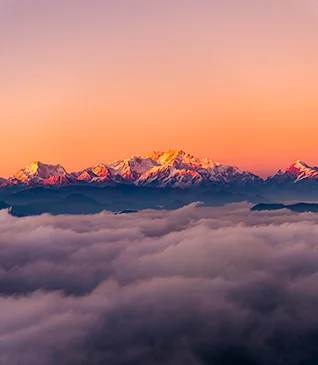
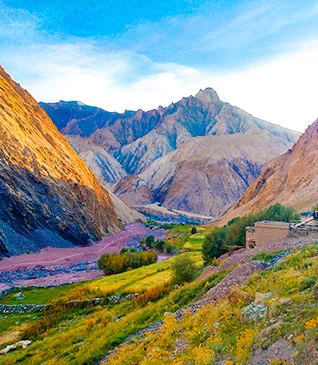
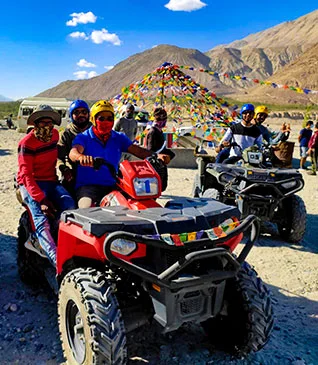
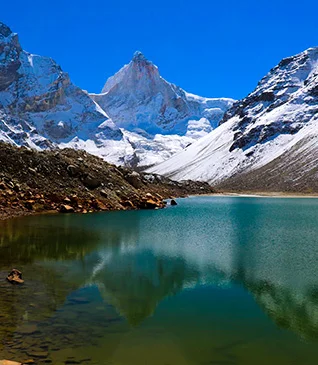
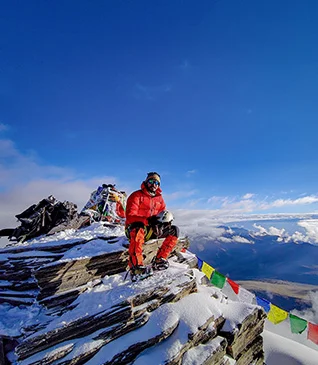
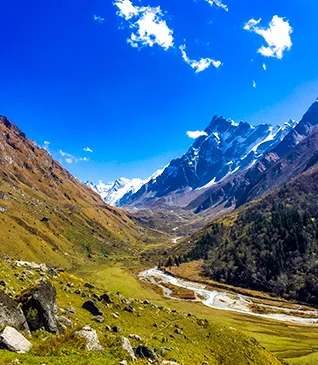
.webp)
.webp)
